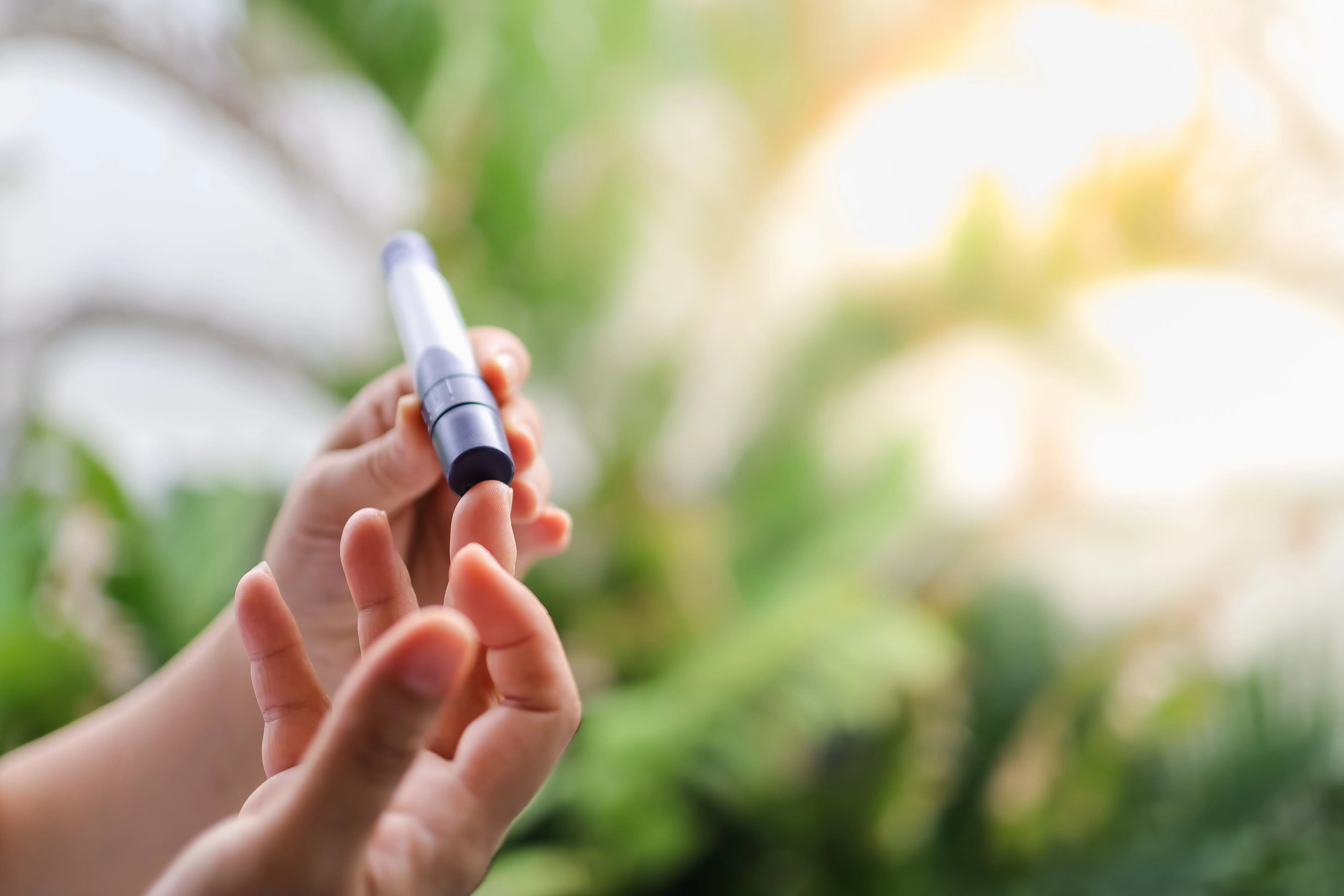Normal Glucose Levels in the Body
Know about normal glucose levels; what is it, how it affects your body, how to maintain healthy lifestyle. Know about the why normal levels matter.

Written by Dr. J T Hema Pratima
Reviewed by Dr. D Bhanu Prakash MBBS, AFIH, Advanced certificate in critical care medicine, Fellowship in critical care medicine
Last updated on 13th Jan, 2026
.webp?tr=q-80,f-webp,w-350,dpr-2,c-at_max 700w)
Introduction
Maintaining normal glucose (sugar) levels in the body is essential for good health. Glucose is the primary source of energy for our cells, and keeping it balanced helps prevent complications like diabetes, fatigue, and other metabolic disorders. If you’ve ever wondered what normal glucose levels are, why they matter, and how to maintain them, this article is for you.
What Are Normal Glucose Levels?
Glucose levels vary throughout the day depending on when and what you eat, physical activity, and other factors. Here’s a general guideline for normal blood sugar levels:
Fasting Blood Sugar (before meals): 70–99 mg/dL
Postprandial (2 hours after eating): Less than 140 mg/dL
HbA1c (average blood sugar over 2–3 months): Less than 5.7%
If your levels are consistently higher than these ranges, it may indicate prediabetes or diabetes, which requires medical attention.
Why Do Normal Glucose Levels Matter?
When glucose levels are too high (hyperglycemia) or too low (hypoglycemia), it can lead to serious health issues:
High Blood Sugar (Hyperglycemia): Can cause frequent urination, excessive thirst, fatigue, blurred vision, and long-term damage to nerves, kidneys, and blood vessels.
Low Blood Sugar (Hypoglycemia): Can lead to dizziness, sweating, confusion, and even fainting if not treated.
Balanced glucose levels help maintain energy, prevent diabetes, and support overall well-being.
Symptoms of Abnormal Glucose Levels
The symptoms of abnormal glucose levels include:
High Blood Sugar Symptoms:
Increased thirst
Frequent urination
Fatigue
Blurred vision
Slow-healing wounds
Low Blood Sugar Symptoms:
Shakiness or dizziness
Sweating
Hunger
Irritability
Rapid heartbeat
If you experience these symptoms frequently, consult a doctor for proper evaluation.
Consult a Top Diabetic doctor
What Affects Blood Sugar Levels?
Several factors influence glucose levels, including:
1. Diet: Eating too many sugary or refined-carb foods can spike blood sugar.
2. Physical Activity: Exercise helps lower blood sugar by improving insulin sensitivity.
3. Stress: Stress hormones like cortisol can raise blood sugar.
4. Sleep: Poor sleep affects insulin function and glucose control.
5. Medications: Some medicines (like steroids) can increase blood sugar.
How to Maintain Healthy Glucose Levels
1. Eat a Balanced Diet
Choose whole grains, vegetables, lean proteins, and healthy fats.
Avoid sugary drinks, processed snacks, and excessive carbohydrates.
Eat smaller, frequent meals to prevent blood sugar spikes.
2. Stay Active
30 minutes of daily exercise (walking, cycling, yoga) helps regulate blood sugar.
Strength training improves insulin sensitivity.
3. Monitor Blood Sugar Regularly
If you’re at risk for diabetes, check your levels as advised by your doctor.
Use a glucometer or get HbA1c tests periodically.
4. Manage Stress & Sleep Well
Practice deep breathing, meditation, or hobbies to reduce stress.
Aim for 7–8 hours of quality sleep nightly.
5. Stay Hydrated
Drinking enough water helps kidneys flush out excess sugar.
When to See a Doctor?
If you notice
Frequent high or low blood sugar episodes
Unexplained weight loss or fatigue
Symptoms of diabetes (excessive thirst, frequent urination)
Final Thoughts
Maintaining normal glucose levels is key to preventing diabetes and staying energetic. By eating right, staying active, and monitoring your health, you can keep your blood sugar in check. Also follow the best practices like eating healthy food, staying active and avoiding alcohol and smoking.
Consult a Top Diabetic doctor
Consult a Top Diabetic doctor

Dr. Vivek D
General Physician
4 Years • MBBS
Bengaluru
PRESTIGE SHANTHINIKETAN - SOCIETY CLINIC, Bengaluru

Dr Bhargav Vuppumalla
General Physician/ Internal Medicine Specialist
5 Years • MBBS MD GENERAL MEDICINE
Bengaluru
Apollo Medical Center, Marathahalli, Bengaluru

Dr. Arif Ahmed
General Physician/ Internal Medicine Specialist
9 Years • MBBS, MD (Genl. Med.)
Kolkata
MCR SUPER SPECIALITY POLY CLINIC & PATHOLOGY, Kolkata

Dr. Prathibha K V
General Physician
11 Years • MBBS, DLO (ENT), DNB FAMILY MEDICINE.
Bangalore
Apollo Clinic Bellandur, Bangalore

Dr. Arthi S
Family Physician
3 Years • MBBS
Bengaluru
PRESTIGE SHANTHINIKETAN - SOCIETY CLINIC, Bengaluru
.webp)



